A 10,000-foot volcano positioned between Chile and Argentina has shown signs of intensified activity, alerting people within the vicinity. The Copahue Volcano has been known to emit some gases and ashes periodically over the decades. In December last year however, earthquake detectors have picked up a series of quakes along the volcano. Earthquake activity is considered as a sign of an imminent volcanic eruption, thus it is given a lot of attention. The tremors died down over the weeks but resumed this week, prompting authorities to launch preemptive evacuations of thousands of residents living nearby.
The seismic authority in Chile said that the volcano has not erupted yet but there is a possibility that it would in the coming days or weeks. There is currently no danger to the evacuees but evacuations are done as a precaution against a possible catastrophe. As of this time, volcanic and seismologic measurements are constantly evaluated to determine the progress of the volcanic turmoil.
Argentina evacuations
Argentina set a yellow alert during the beginning of the event, but eventually changed it into red alert, which is more urgent than the former. The evacuations are planned to be done within the span of 2 days. Inclement weather in the region has got officials worried that the evacuations may be slowed down considerably. The government has begun to send hundreds of people from Argentina’s Caviahue town to Loncopue city located miles further from the volcano, and the total number of evacuees is estimated to reach the thousands.
It was reported that there was no ash fall in the Argentinean towns but there was gas streaming out of the volcano. Though not as hazardous as lava, this gaseous emission concerns some people. Changes are monitored very closely to alert Argentineans about other dangerous material that may be released from Copahue.
Chile evacuations
Like Argentina, Chile has begun evacuations in anticipation of the volcanic explosion. The country has evacuated residents last December 2012 but the operations halted when the volcanic activity lessened. Over the last year, another volcano in Chile named Puyehue released a 1 mile high volcanic plume into the atmosphere that caused evacuations and flight cancellations.
Though officials intend to evacuate every person located near the volcano, the hydroelectric dams in Chile continue to operate. Operators say that the dams have been built to sustain earthquakes or volcanic emissions.
Affected people
There are about 2,000 people residing within a radius of 25 kilometers or 15 and one half miles of the volcano. This is considered as a dangerous zone to people during a volcanic eruption and should not be populated ideally. However, people have found homes around the volcano and this poses a problem to those who are leading the evacuations. Some of the residents have shown resistance against leaving their place, especially those who own farm animals that they can’t leave behind.
Volcanoes in the region
Chile has thousands of volcanoes in all but only 500 of them are considered as active. Because of the high amount of volcanoes around, evacuations are commonplace in both Chile and Argentina.
Photo Credit: A picture of the crater lake at the top of Copahue Volcano, near the Chile-Argentina border.

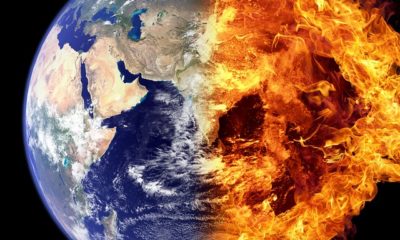
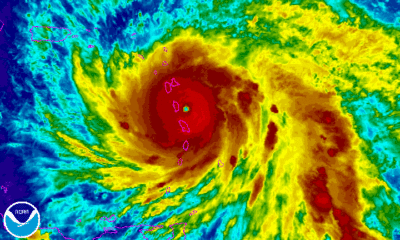
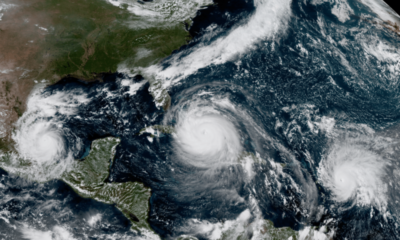
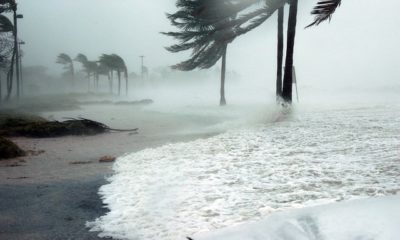
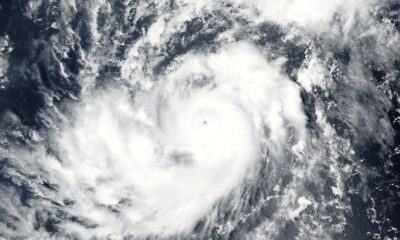

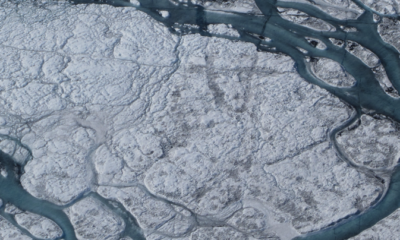
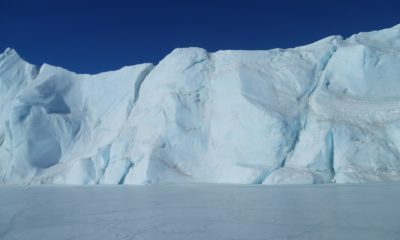






Facebook
Twitter
Pinterest
Google+
LinkedIn
Email